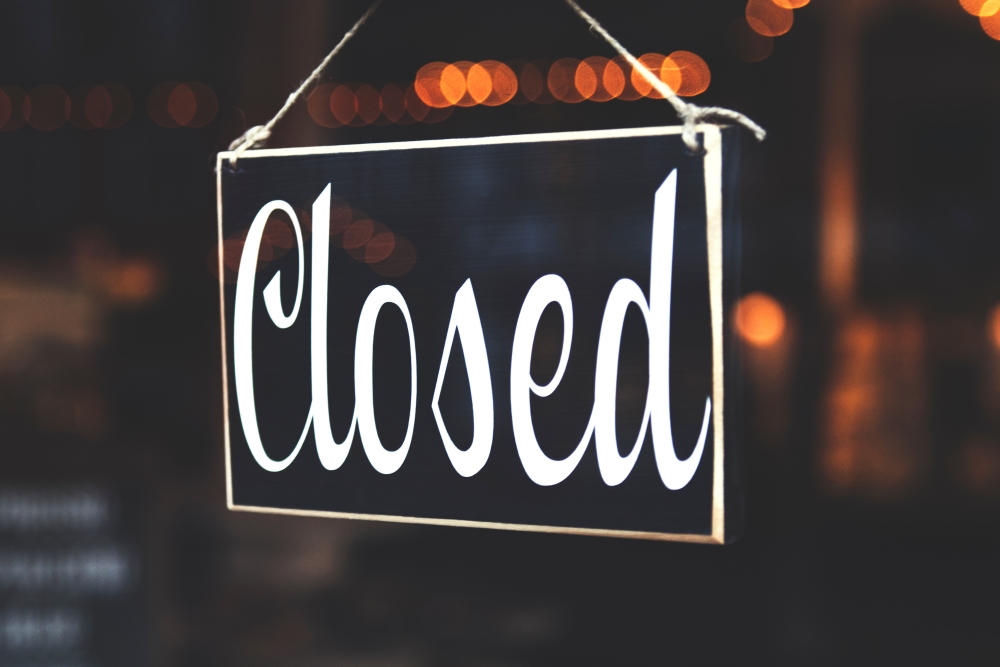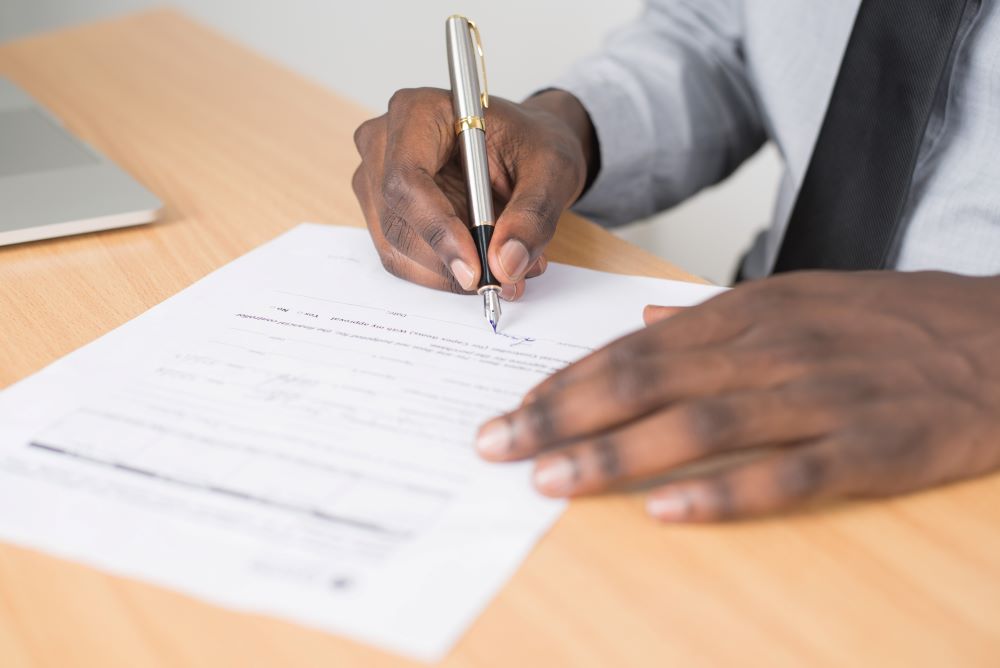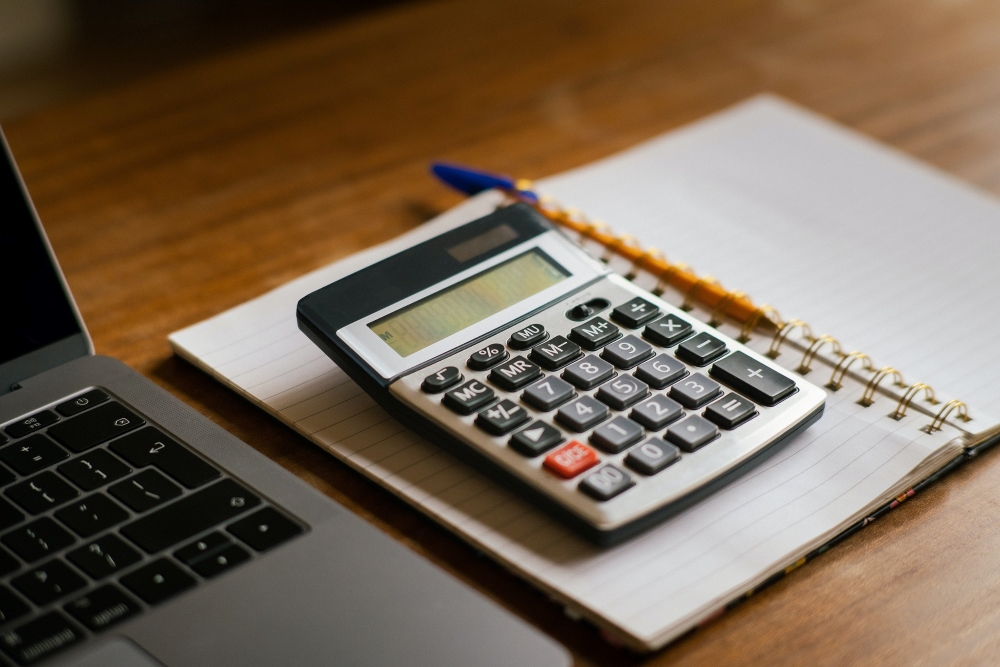Will you have to pay your BBL back if you liquidate?
During the pandemic, many business owners took out bounce-back loans. These loans came at a time of great uncertainty, providing some protection for struggling businesses. Unfortunately, many businesses have still not bounced back and are therefore struggling to make the bounce back loan repayments. In this article, we’re answering the question, will you have to pay your BBL if you liquidate?
When applying for the bounce-back loan, directors were asked to prove that their business was not experiencing any financial difficulties in December 2019. They must also prove that any financial difficulties experienced at the time were due to the pandemic.
Whether or not you’ll have to pay the bounce back loan if you liquidate depends on your own situation. For many business owners, who acted responsibly and adhered to the directors’ duties, you should experience no issue with closing a company with a bounce-back loan. In some cases, you may be held personally liable for your bounce-back loan, but don’t worry, we’ll get on to those.
Bounce back loan scheme
When limited companies applied for their bounce-back loans, there was no personal guarantee attached. The bounce-back loan is an unsecured debt and, in this case, was ideal for both borrowers and lenders. This meant that when a business was unable to pay back its bounce-back loan, the UK government would step in and pay the owed money back to the correct bank.
The Government guarantee means that the company director could not be personally liable for the loan if the business didn’t survive. However, there are several situations where a company director will be held personally liable for the bounce back loan.
When will I be made personally liable for a bounce back loan if I liquidate?
Bounce back loan fraud
Some businesses made the decision to take out bounce-back loans when they did not actually qualify for them. Some criterion for applying for the loan was that your company must have been trading still, not in financial difficulty, and you must have been negatively affected by the pandemic. If you were already in the midst of an insolvency procedure before you took out the loan, you were not able to qualify and, therefore, should not have taken out the loan.
Another form of bounce-back loan fraud arose from businesses spending the loan on personal gains instead of things that would benefit the company. This includes directors spending the money on house extensions, holidays, and other things not associated with the business. Things that you should have spent money from the bounce-back loan scheme on include:
- Working capital
- Paying suppliers
- Staff wages
- HMRC arrears
- Stock
What happens if you have acted irresponsibly with the bounce back loan?
If it comes to light that you have spent the money from the bounce-back loan scheme for your own personal benefit, you may have to deal with the consequences and could be liable to pay back the unsecured debt.
Newer businesses that were established after the 1st of January 2019 were not able to provide a year’s worth of accounts. In this instance, directors were asked to estimate the company’s turnover to provide a more accurate bounce-back loan figure. Some businesses did this correctly, while others inflated their turnover to access a larger loan.
Any business that was incorporated before the 1st of January 2019 had to use their actual turnover figures. This means you could apply for up to 25% of your company’s turnover, with a maximum amount of £50,000. This is something that has been misunderstood by many company directors, and if that is the case, then you must speak up and be honest.
If you are found to have overestimated your turnover, and you haven’t done anything about it, you could be made liable for some, if not all, of the bounce back loan. Find out more about bounce back loans and personal liability.
Making preferential payments
When a business becomes insolvent, it will likely have a list of creditors who are all owed money from the limited company. All creditors must be treated equally, and you shouldn’t choose to pay one over another even if they are shouting the loudest, this can be labelled as a preference payment which could land you in trouble.
Some company directors choose to pay the creditors that they have previously signed a personal guarantee with, which means they will not be personally liable for the credit owed. However, this is wrong and could lead to much higher levels of debt, so it really isn’t worth it.
Liquidating a company with a bounce-back loan after a preferential payment
After you appoint a licensed insolvency practitioner, their job is to thoroughly investigate your business practice and financial situation. Licensed insolvency practitioners will assess your financial history from up to 3 years before you filed for insolvency to ensure things have been done properly throughout. Making preference payments to family members or creditors can lead to you being made personally liable for some or all of your company’s debts.
There are two types of formal liquidation used by insolvent companies, including a creditors’ voluntary liquidation (CVL) and compulsory liquidation. A CVL is the favoured process for an insolvent company with a bounce-back loan as it offers more protection and control.
In contrast, compulsory liquidation is forced upon you by a creditor and leaves you at a higher risk of director scrutiny for wrongful trading. After both processes are complete, the company will be closed and removed from the Companies House register. Licensed insolvency practitioners are required for the successful completion of both insolvency procedures.
Overdrawn directors loans
Having an overdrawn directors loan account means that you, as the director, owe the company money. Many directors that we speak to have used their bounce-back loans to supplement their income. Most directors take a salary from their limited company, which goes through PAYE; they then top up their income using money from the loan account, which is declared as a dividend at the end of the tax year.
This method generally works well, providing that your company is making a profit. If your business is failing to make a profit and you continue to take dividends, your director’s loan will end up being overdrawn. An overdrawn DLA could be an issue if you choose to liquidate your company. You will be made to repay the money you have taken from the director’s loan account. Find out how a director’s loan works.
What happens if you can’t pay your bounce back loan?
If you can’t pay your bounce back loan in a company liquidation process, it may be written off. However, this is only the case for directors who have acted responsibly. If you’re struggling to run a company with a bounce back loan, seek advice.
Directors who have not acted responsibly will be made personally liable. The bounce-back loan will be added to the list of company debts, along with your secured and unsecured creditors. Your company assets will be sold by the insolvency practitioner to make back some of the money owed. In some cases, where personal guarantees have been signed, you may be required to sell personal assets to make up the funds.
If you’re a company director with an outstanding bounce-back loan who is worried about anything we have mentioned, please seek advice as soon as possible. We can provide expert advice regarding unsecured debts, personal guarantees and personal liability. We hope this blog has helped to answer the question, will you have to pay your BBL back if you liquidate?
I'm Chris Worden, Managing Director at 1st Business Rescue. With over 7 years of experience, I help UK directors navigate the complex world of UK corporate insolvency. We offer free and independent advice to UK directors and advise them about what options may be available to them if their limited company starts to struggle.
I am passionate about helping other directors overcome their business challenges and get back on their feet, as I was once in the same position as them. I had a business that became insolvent, and the advice out there was confusing and overwhelming. I am here to provide honest and valuable advice to UK directors.
I am proud to say that we are one of the only 5-star corporate insolvency companies on Trustpilot with hundreds of 5-star reviews, and we publish videos weekly on our YouTube channel. Our channel is designed to educate UK directors about insolvency and debt advice. Check it out here:
Please get in touch and we’ll come back to you
without delay.
Call 0808 506 2246
Text 07717 738 167
Complete a Free Online Enquiry






